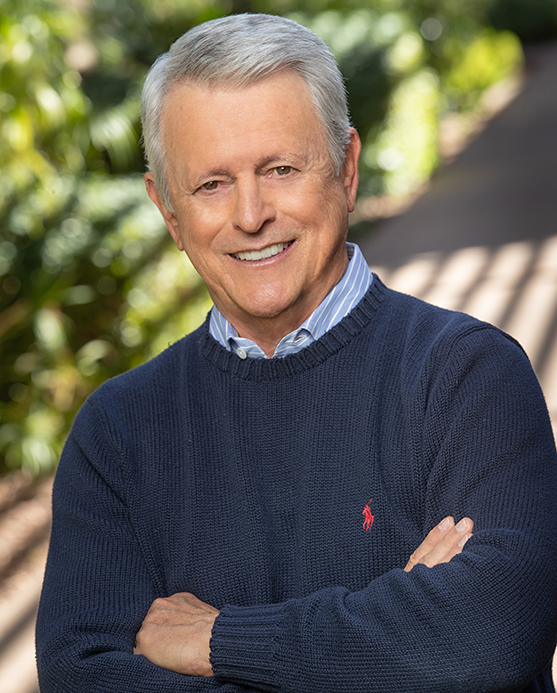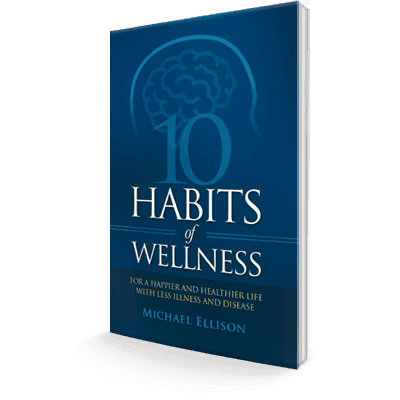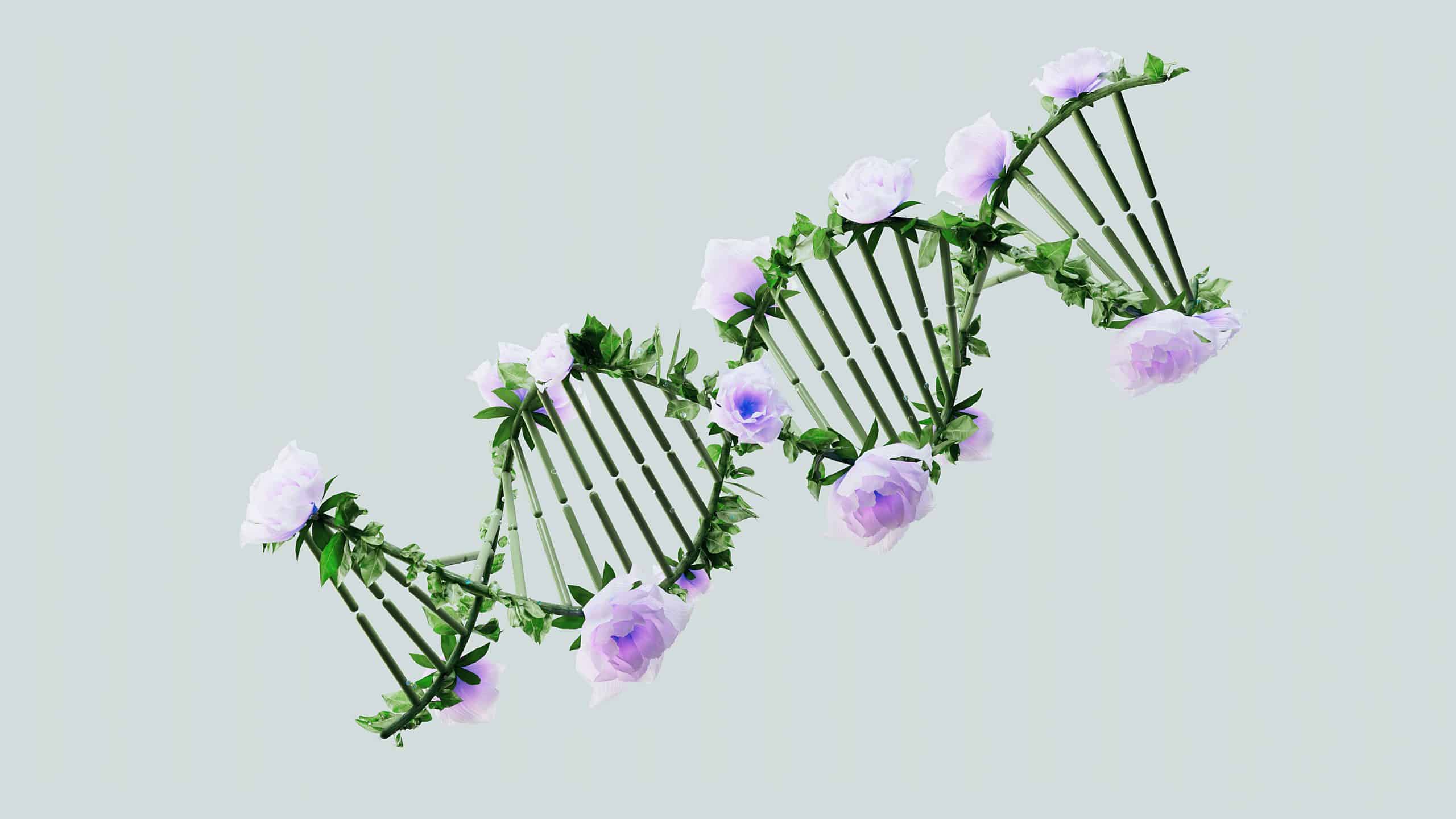 Healthy mitochondria
Every person is filled with mitochondria—there are trillions of these energy factories in each human body. Certain organs and tissue require more energy, and that’s why more mitochondria are packed in their cells. You’ll find abundant mitochondria in our hearts, brains and muscles. A stronger heart is more likely to be dense with mitochondria than a weak one.
So, if your body contains more healthy mitochondria, you’ll naturally feel better, with more energy and focus, and an increased ability to maintain high levels of activity without getting tired.
Poor mitochondria
Most of us start life with healthy mitochondria, but a number of factors can deplete or damage the supply. These include poor lifestyle habits, stress, a sedentary lifestyle, free radical damage, and exposure to infections, allergens and toxins. One of the major reasons for mitochondria depletion is a poor diet. So, unless we take care of our general health—and our mitochondria—we are more likely to feel tired and suffer from foggy brain. Mitochondrial deficits can also increase the risk for numerous ailments.2
Care and feeding
Eating a well-balanced diet and reducing stress are two keys to improved mitochondrial health. Targeted supplementation may also help reverse mitochondria depletion. Many adults are deficient in one or more important nutrients, so you might consider supplementing with a high quality multivitamin for improved mitochondrial health, especially CoQ-10.3
Experts agree, if you take care of your mitochondria your body will take care of you.
Healthy mitochondria
Every person is filled with mitochondria—there are trillions of these energy factories in each human body. Certain organs and tissue require more energy, and that’s why more mitochondria are packed in their cells. You’ll find abundant mitochondria in our hearts, brains and muscles. A stronger heart is more likely to be dense with mitochondria than a weak one.
So, if your body contains more healthy mitochondria, you’ll naturally feel better, with more energy and focus, and an increased ability to maintain high levels of activity without getting tired.
Poor mitochondria
Most of us start life with healthy mitochondria, but a number of factors can deplete or damage the supply. These include poor lifestyle habits, stress, a sedentary lifestyle, free radical damage, and exposure to infections, allergens and toxins. One of the major reasons for mitochondria depletion is a poor diet. So, unless we take care of our general health—and our mitochondria—we are more likely to feel tired and suffer from foggy brain. Mitochondrial deficits can also increase the risk for numerous ailments.2
Care and feeding
Eating a well-balanced diet and reducing stress are two keys to improved mitochondrial health. Targeted supplementation may also help reverse mitochondria depletion. Many adults are deficient in one or more important nutrients, so you might consider supplementing with a high quality multivitamin for improved mitochondrial health, especially CoQ-10.3
Experts agree, if you take care of your mitochondria your body will take care of you.
References:
- http://ghr.nlm.nih.gov/handbook/mutationsanddisorders?show=all
- Mitochondria and human evolution. Biochemical functions of coenzyme Q10. Journal of the American College of Nutrition. December 20, 2001.
- http://www.ncbi.nlm.nih.gov/pmc/articles/PMC21173/











